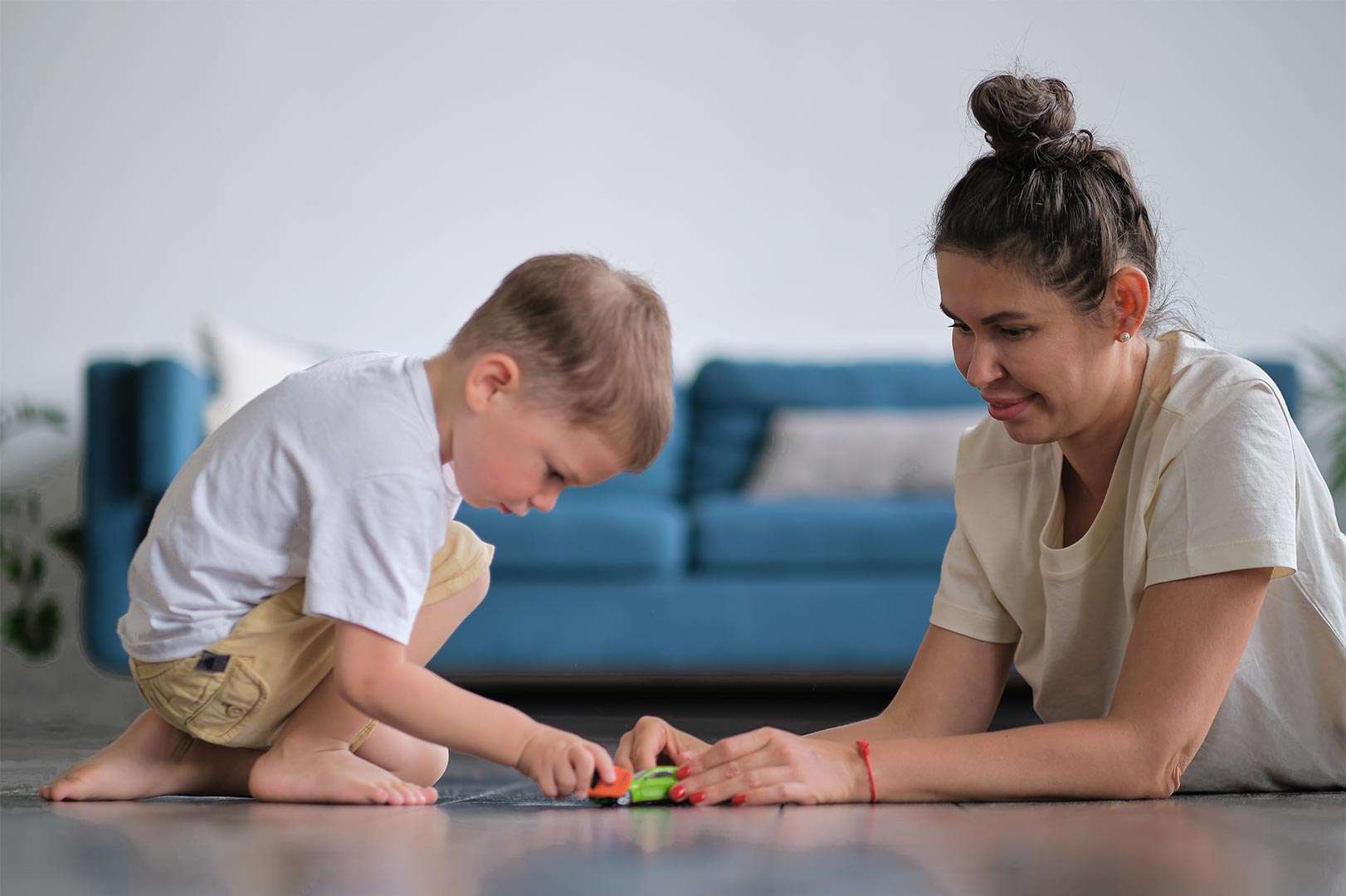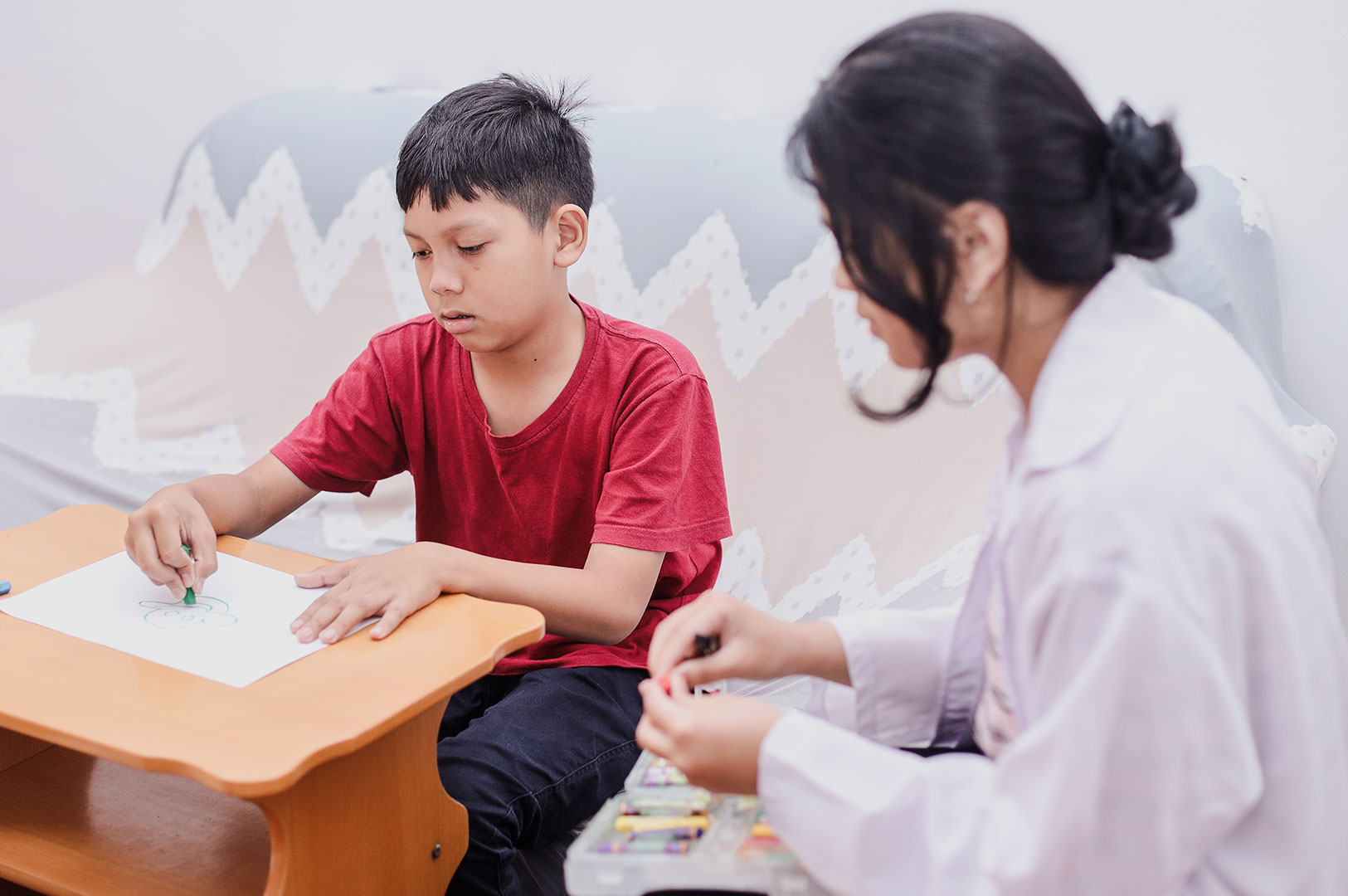Pervasive developmental disorders (PDDs) are a group of neurodevelopmental disorders that affect communication, social interaction, and behavior. PDDs are now collectively known as autism spectrum disorder (ASD). However, the term PDD-NOS (pervasive developmental disorder not otherwise specified) is still sometimes used to describe people with ASD who do not fully meet the criteria for autistic disorder, Asperger’s syndrome, or childhood disintegrative disorder.
Types of Pervasive Developmental Disorders
There are five main types of PDDs:
- Autistic disorder: This is the most severe form of PDD. People with autistic disorder have significant difficulty with social communication and interaction, as well as restricted and repetitive patterns of behavior.
- Asperger’s syndrome: People with Asperger’s syndrome have similar social communication and behavior challenges to those with autistic disorder, but they tend to have higher cognitive and language skills.
- PDD-NOS: This is a catch-all term for people with ASD who do not fully meet the criteria for autistic disorder or Asperger’s syndrome.
- Childhood disintegrative disorder: This is a rare form of PDD in which children develop normally for at least two years before losing previously acquired skills in multiple areas of development.
- Rett syndrome: This is a genetic disorder that primarily affects girls. People with Rett syndrome experience a period of normal development followed by a regression in skills, as well as stereotyped movements and autistic features.
Causes of Pervasive Developmental Disorders
The exact cause of PDDs is unknown, but they are thought to be caused by a combination of genetic and environmental factors. Some of the risk factors for PDDs include:
- Having a family history of PDDs
- Certain genetic conditions, such as fragile X syndrome and Down syndrome
- Being born prematurely or at a low birth weight
- Exposure to certain toxins during pregnancy or early childhood
Signs and Symptoms of Pervasive Developmental Disorders
The signs and symptoms of PDDs can vary widely from person to person. However, some common signs and symptoms include:
- Difficulty with social communication and interaction, such as making eye contact, taking turns in conversation, and understanding social cues
- Restricted and repetitive patterns of behavior, such as lining up objects, repeating phrases, and flapping hands
- Sensory sensitivities, such as being oversensitive to noise, light, or touch
- Developmental delays, such as delayed speech and language skills
Diagnosis and Treatment of Pervasive Developmental Disorders
There is no one-size-fits-all test for PDDs. Diagnosis is typically based on a developmental assessment and a review of the child’s medical history and behavior.
There is no cure for PDDs, but early intervention can help children with PDDs reach their full potential. Early intervention may include speech therapy, occupational therapy, and applied behavior analysis (ABA).
At Orbrom Center, we provide a variety of services to children with ASD and other developmental disabilities. Our services include early intervention programs, ABA therapy, speech therapy, occupational therapy, social skills training, and parent support groups. We also offer a variety of educational and recreational programs for children with ASD.
Find out if your child needs extra support today!
- My child screams hysterically
- My child is mean to other children
- My child is always worried
- My child is scared to go to school
- My child is scared of loud noises
- My child doesn’t know how to read
- My child is scared to play outside
- My child does not respond to his name
- My child always gets in trouble
- My child fights with other children
- My child doesn’t know how to count
If you are concerned about your child’s development, contact us for Assessments: Phone/Telegram: 077.455.993 – Telegram Link: https://t.me/OrbRom
If you are concerned about your child’s development, contact us for Assessments.
Phone/Telegram: 077.455.993 Link: https://t.me/OrbRom






Leave A Comment